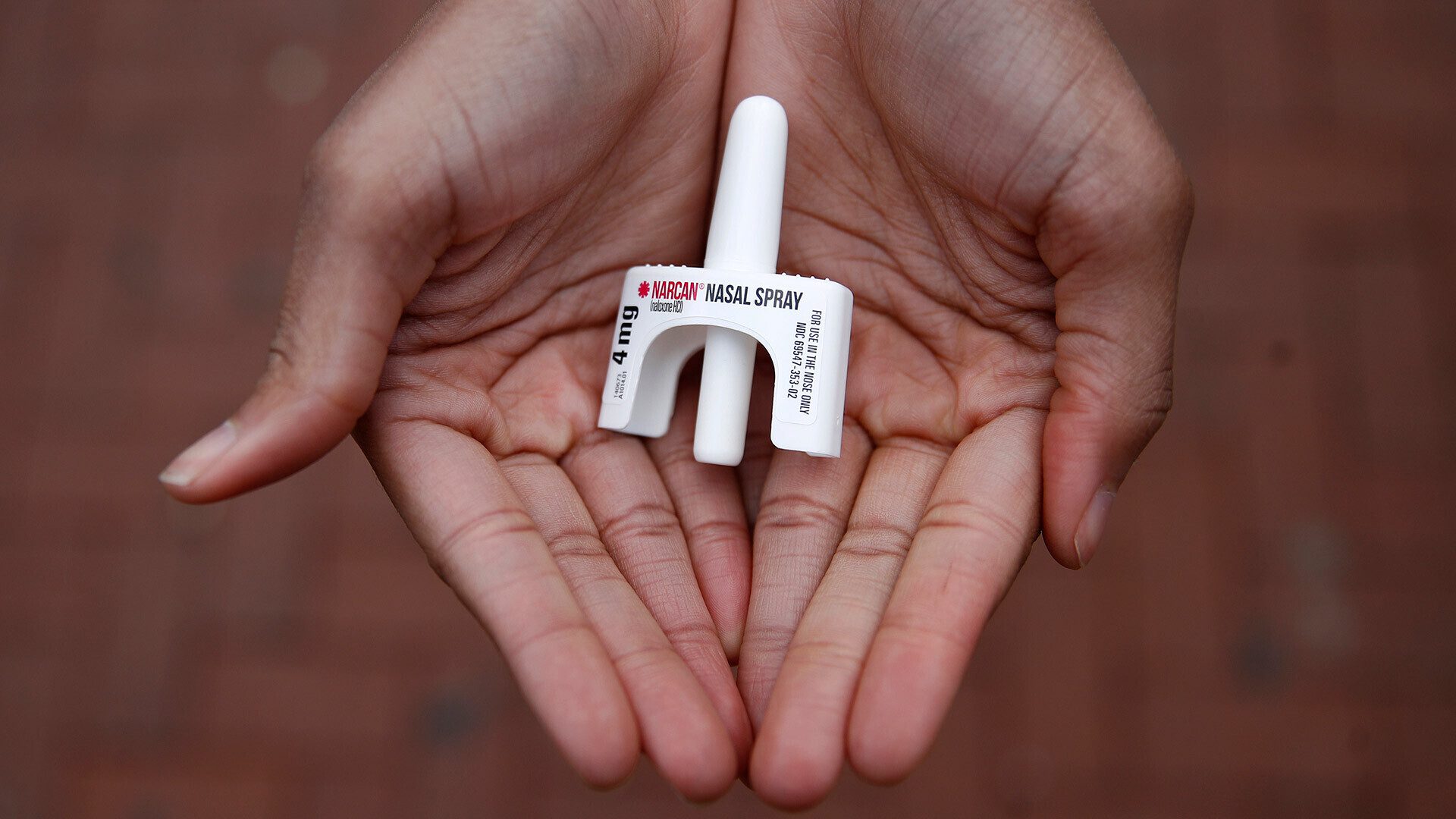- March 15, 2024
- By Stephen B. Thomas
Black barbershops and beauty salons often serve as virtual community centers, improving not only the hairstyles but the well-being of their clients by hosting vaccine clinics health outreach activities, according to Professor Stephen B. Thomas, founding director of the University of Maryland’s Center for Health Equity and originator of the barbershop initiative known as HAIR (Health Advocates In-Reach and Research).
With fentanyl-related death rates in the Black community far higher than in white and Hispanic populations, it is time for legislators to emulate HAIR’s hyperlocal approach and support widespread availability of all FDA-approved overdose reversal agents, or rescue drugs, Thomas writes in a new essay in The Baltimore Sun.
Every state is required to issue its own policy or standing order to ensure the availability of FDA-approved reversal agents for opioid overdoses. Here in Maryland, this has prompted leaders in our state legislature to introduce bills in the House and Senate that will prompt this change. I applaud these efforts and encourage our legislators to take up and pass these bills. In fact, just as I was testifying for the passing of these bills, I received a text from an old friend whose son had tragically passed away due to an overdose in front of her. I told the story to the legislature and urged them to increase our communities’ access to all overdose reversal agents.
Communities deserve access to the most effective and innovative tools to combat overdoses and the devastating impact of fentanyl. Programs like HAIR exemplify the resilience and ingenuity of Black communities, showcasing how they have pioneered approaches to address health disparities. It's evident that when empowered with appropriate resources, communities can spearhead meaningful change.
Read the rest in The Baltimore Sun.
